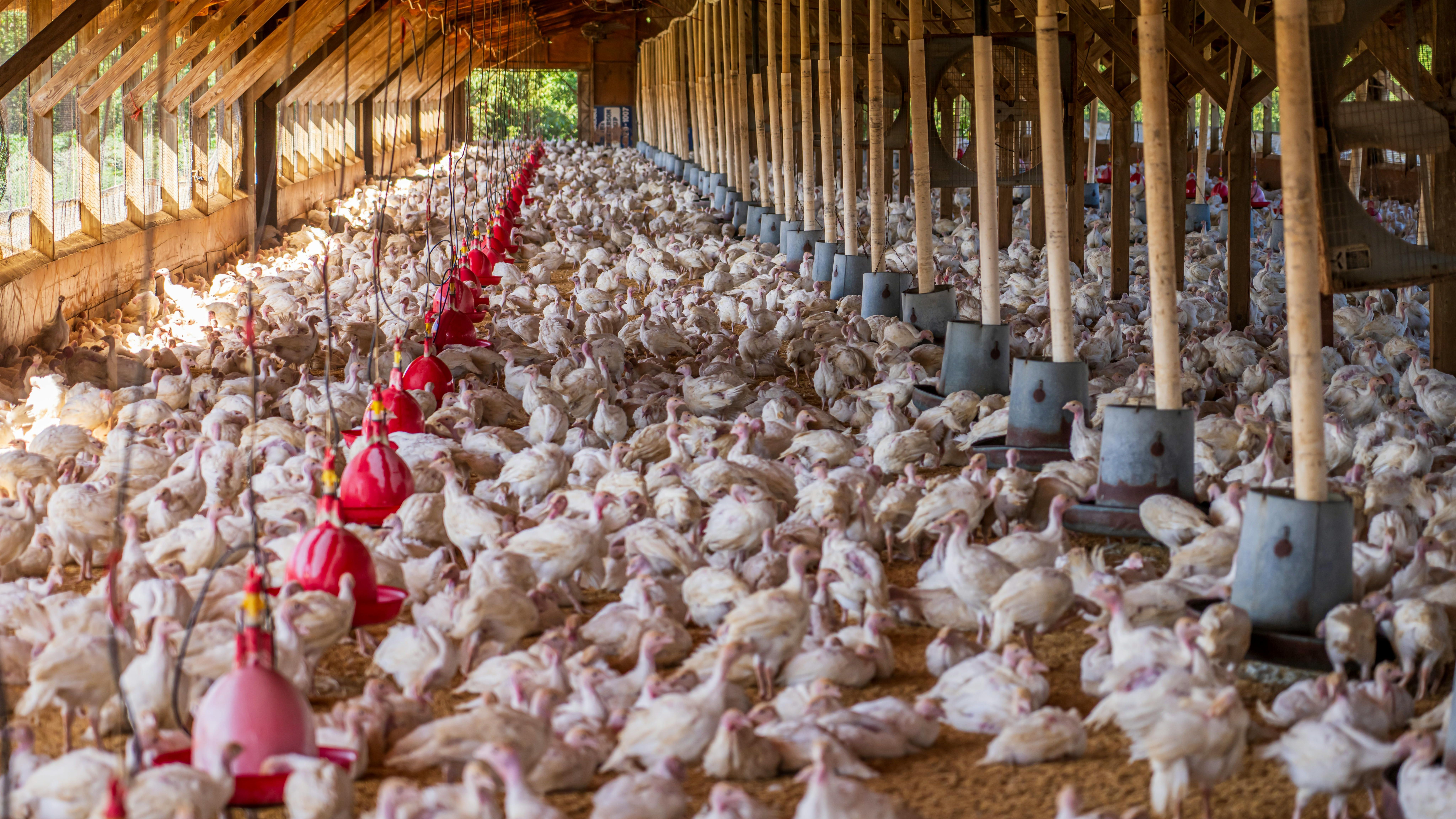Zoonotic diseases that we live with and that put us at risk

Bird flu, a disease transmitted from birds to humans, is in the spotlight
In recent years, there has been an increase in the incidence of certain zoonoses – infectious diseases transmitted from animals to humans. They can be caused by bacteria, viruses, parasites or non-traditional agents and are transmitted to humans through direct contact or through foodwater or environment.
Today is July 6th World Zoonoses Day in memory of the French chemist Louis Pasteur, on the day he first vaccinated a child against rabies, saving his life.
Zoonoses are the culprits behind major pandemics
Covid-19 or plague They are a great example. shockproof zoonotic diseases, leaving their mark on humanity. Since the SARS-CoV-2 virus was discovered in late 2019, about 6.95 million people have died to date, according to WHO estimates. Or the Black Death, one of the most devastating pandemics, which killed between 75 and 200 million people in the 14th century.
They are a public health problem worldwide due to the close relationship we have with animals, both in our daily lives with pets and in agricultural or natural environments.
10 other diseases that mutated from animals to humans:
He is a large percentage of all infectious diseases recently identified, as well as many of the already existing ones. Some of them, besides Covid or the plague, are:
- Bird flu: Specifically caused by the H5N1 virus, it has infected humans several times since it was first identified in Hong Kong in 1997. It has recently come into the spotlight due to the recent spread of a pathogen that until recently only affected birds to cattle in the United States.
- Rage: It is transmitted mainly through the bites of infected animals such as dogs and bats.
- Lyme disease: Caused by bacteria. Borrelia burgdorferitransmitted to humans through bites
- West Nile Fever: Transmitted by mosquitoes that bite infected birds.
- Salmonellosis: Caused by bacteria of the genus Salmonellatransmitted through contaminated animal products, especially eggs, chicken, and dairy products.
- Ebola: The virus is initially transmitted to humans through wild animals and can spread between people through direct contact.
- HIV AIDS: It is believed that the HIV virus originated in primates and was transmitted to humans.
- Zika: Transmitted by mosquitoes that have previously bitten infected animals, such as monkeys.
- Hepatitis A: Transmitted mainly by consuming food or water contaminated with the feces of an infected person, including raw or undercooked shellfish.
- Anisakiasis: Infection caused by larvae Anisakis when eating raw or undercooked fish.
{{ #maps }}
{{#section.link.href}} {{section.link.title}} {{/section.link.href}}
{{title.data}}
{{ /maps }}
Causes and Control
Among the possible causes, globalization ranks first. The exponential growth of international traffic in both goods and people has made it easier for infectious diseases to spread and emergencies to occur.
Prevention methods for zoonotic diseases vary for each pathogen; however, some methods are considered effective in reducing risk at the community and individual level:
- He Animal care in the agricultural sector They help reduce the likelihood of foodborne zoonotic disease outbreaks through foods such as meat, eggs, dairy products, or even some vegetables.
- drinking water standards Cleanliness and waste disposal, as well as protection of surface water in the natural environment, are also important and effective.
- Educational campaigns to promote andI wash my hands after contact with animals and other behavioral changes can reduce the spread of zoonotic diseases in a community if they occur.
antimicrobial resistance This is a factor that complicates the control and prevention of zoonoses. The use of antibiotics in food animals is widespread and increases the likelihood of the emergence of drug-resistant strains of zoonotic pathogens that can spread rapidly in animal and human populations.
Subscribe to the Informativos Telecinco newsletter and we will keep you updated by email.
Follow us on our WhatsApp channel and get all the latest news.
